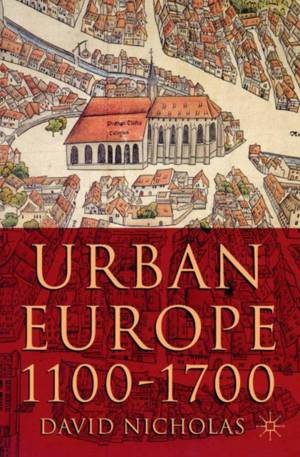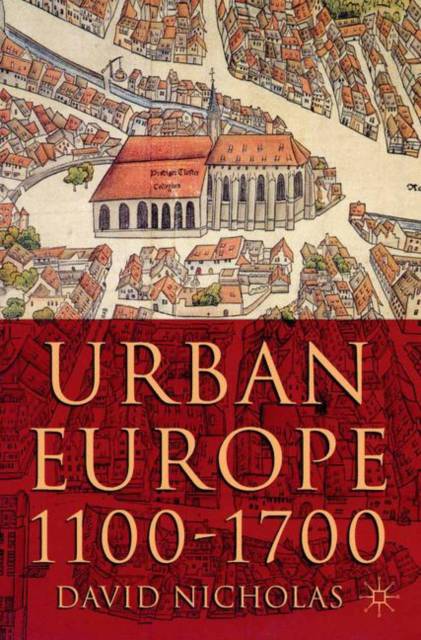
- Retrait gratuit dans votre magasin Club
- 7.000.000 titres dans notre catalogue
- Payer en toute sécurité
- Toujours un magasin près de chez vous
- Retrait gratuit dans votre magasin Club
- 7.000.0000 titres dans notre catalogue
- Payer en toute sécurité
- Toujours un magasin près de chez vous
Description
Reflecting the vigour of both urban and medieval history, this timely textbook by a leading scholar of urban studies is a broadly interdisciplinary work that breaks new ground by emphasising the links between the late medieval and early modern cities.
Urban Europe, 1100-1700:- Examines the common social, governmental, economic and intellectual roles played by most pre-modern cities
- Views cities as originating in local market relations, then expanding with the growing complexity of their functions into regional centres of culture, government and exchange
- Adopts an organic, evolutionary and environmental approach, particularly in its application of geographical systems to early urbanisation
- Makes extensive use of maps and original source material to illustrate aspects of the urban experience David Nicholas' study will appeal to students and scholars of history, geography and urban studies. Sociologists and political economists will also value its demonstration of the continuing relevance of the thought of Max Weber, while urban planners will find its analysis of the rationality of pre-modern cities highly useful.
Spécifications
Parties prenantes
- Auteur(s) :
- Editeur:
Contenu
- Nombre de pages :
- 239
- Langue:
- Anglais
Caractéristiques
- EAN:
- 9780333949832
- Date de parution :
- 01-10-03
- Format:
- Livre broché
- Format numérique:
- Trade paperback (VS)
- Dimensions :
- 158 mm x 239 mm
- Poids :
- 385 g

Les avis
Nous publions uniquement les avis qui respectent les conditions requises. Consultez nos conditions pour les avis.






